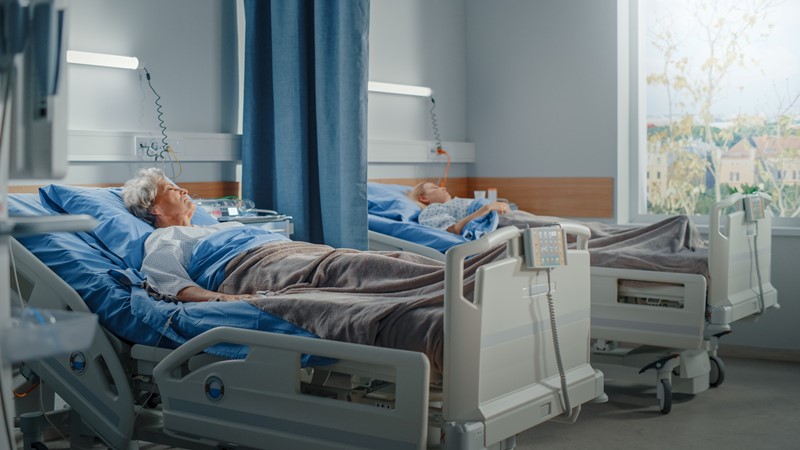This decision is one in a sequence regarding best-interest decisions in the context of clinically-assisted nutrition and hydration.
Background:
In December 2017, XR, a 62-year-old man, suffered a severe hypoxic brain injury. He was transferred to the Royal Hospital for Neurodisability (the RHN) in May 2018, where he remains. He was assessed as being in a permanent vegetative state and of having no prospect of recovery. He shows no awareness of his surroundings, requires 24-hour care, and is unable to communicate, although he currently breathes independently.
The NHS North Central London Integrated Care Board (the ICB) issued these proceedings on 9 April 2024 seeking a determination under the Mental Capacity Act 2005 (MCA 2005) that it is lawful and in XR’s interests for those treating him not to continue clinically-assisted nutrition and hydration (CANH) through a percutaneous endoscopic gastrostomy (PEG) tube and to provide palliative care only. His life expectancy has been assessed at a minimum of 5 years and a maximum of 20 years with good nursing care. Without CANH treatment, his life expectancy would be between 7 and 21 days.
There has been a delay in a best-interest decision being made for XR due to the lack of an effective system for such decisions being made at the RHN. Indeed, there was no formal process for best-interest reviews in 2018 as it only commenced in Spring 2023.
XR is presently eligible for NHS Continuing Healthcare. His nursing placement at the RHN has been commissioned by the ICB since August 2018, although the RHN has responsibility for XR’s day-to-day care.
Despite extensive efforts, little reliable information was known about XR's wishes, feelings, beliefs, and values, as XR had no known family or friends.
Decision:
The Court ruled that it was not in XR’s best interest to continue CANH based on the evidence received following Section 1(5) of the Mental Capacity Act 2005. The major issue Theis J faced was that XR had not been visited since 2018 and had no known family or friends. In these relatively rare circumstances, where XR’s wishes cannot be ascertained, the Judge noted that it was not for the Court to refrain from making inferences regarding what his wishes and feelings would have been.
Theis J recognised the presumption of preserving life but found it displaced by the evidence given and medical opinions. Indeed, the Court found the presumption outweighed by the significant burdens caused by the daily care interventions required and, therefore, held that continuing CANH was not in his best interests. Indeed, the treatments were perceived to be no longer enhancing his quality of life.
The Court rejected the invitation for judicial guidance and noted “The message from this judgement is for that to take place without undue delay, and for a timetable and framework for that review process to be published as a matter of urgency, so that any revised guidelines can be in place sooner rather than later and there is transparency about the timeframe for when that will take place. Pending that, this case and AB provide an important timely reminder to any facility responsible for a patient in PDOC to carefully and proactively consider the relevant guidelines/guidance (both the 2020 RCP PDOC Guidelines and the Vice President’s Guidance), to ensure there is a rigorous process for best-interest decisions in operation by those responsible for that patient’s care which is in accordance with the relevant guidelines/guidance, and that any decisions for applications to the Court of Protection are, if required, promptly brought before the Court without undue delay or drift.” He concluded by stating “The wholly unacceptable delays in GU, AB, and now this case, send out a blunt but clear message that such delays in effective best-interest decision making are unacceptable and wholly contrary to the patient’s best interests which there is a clear statutory obligation on the responsible care providers to protect.”
Implications:
As Theis J himself noted that this case is quite rare as, despite extensive searches, it was impossible to ascertain XR’s wishes. It also highlights the strong presumption towards preserving life which can be displaced with sufficient strong medical evidence.
It also underscores the need for timely best-interest decisions and the importance of the NHS commissioning body in this case. Any unacceptable delays in the decision-making process are contrary to the statutory obligations of care providers. Despite the strong criticism, the Judge declined to give guidance on situations such as XR’s, where assessing the patient's wishes, feelings, values and beliefs is impossible.

